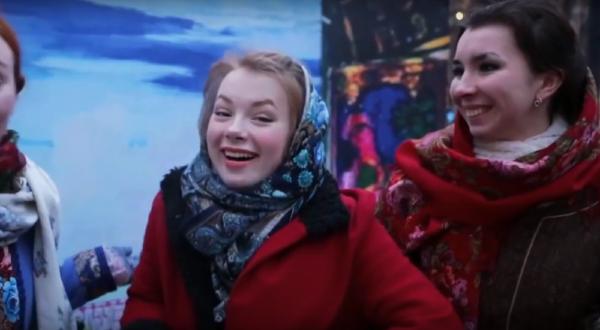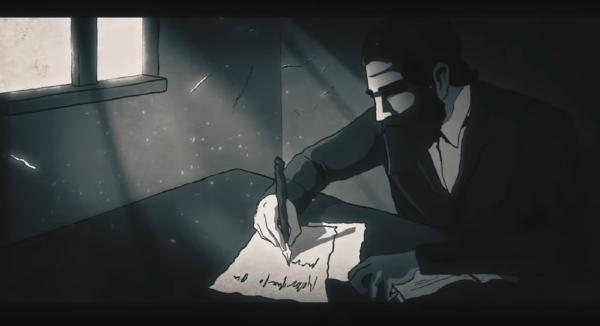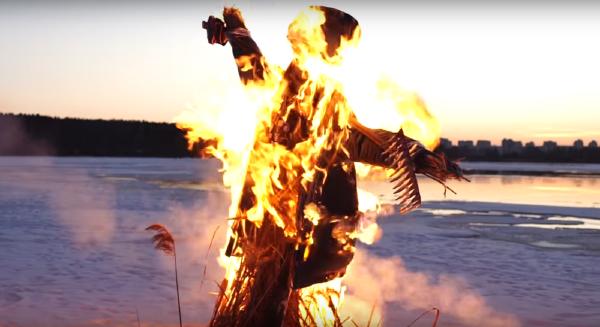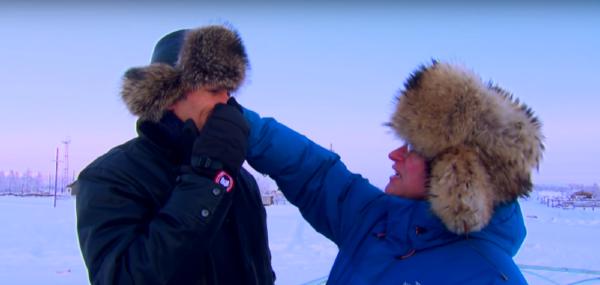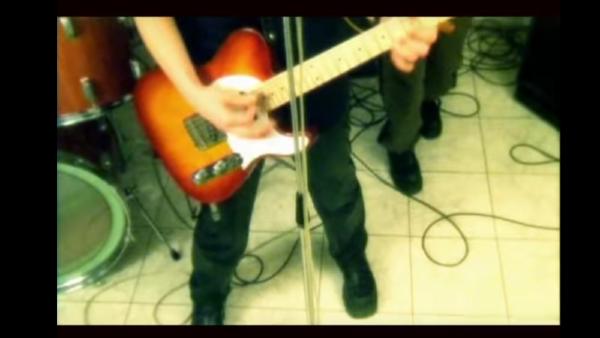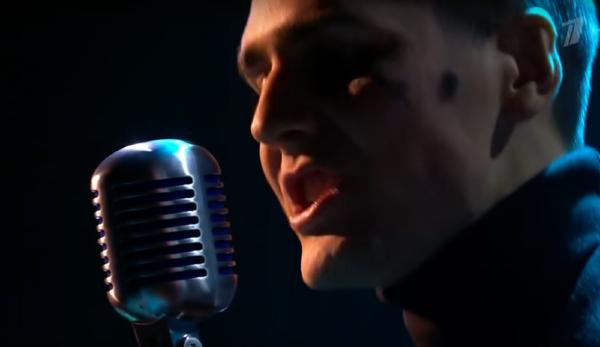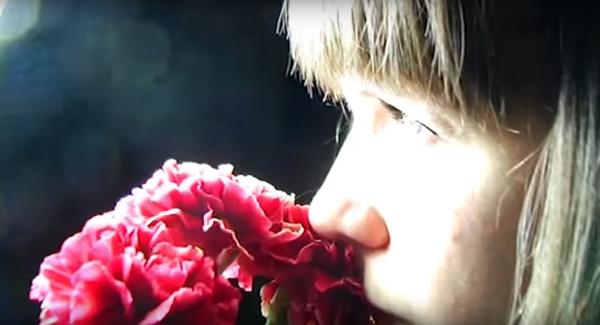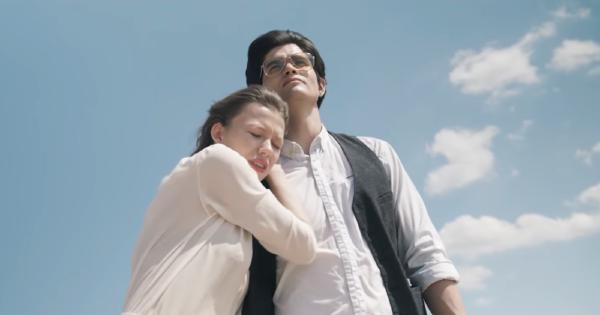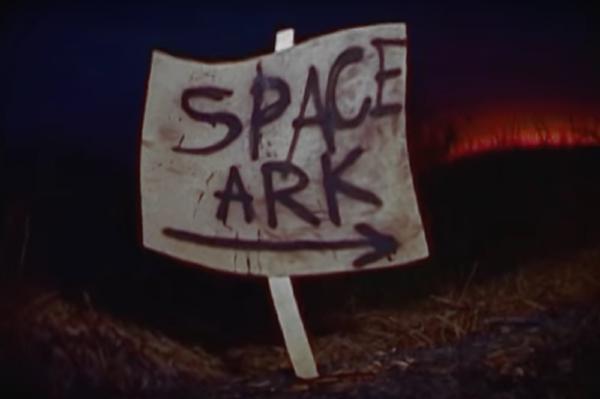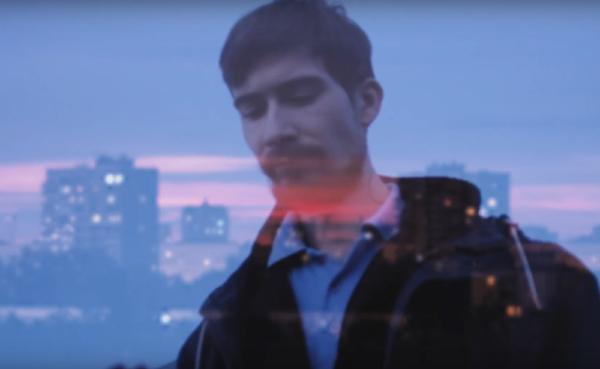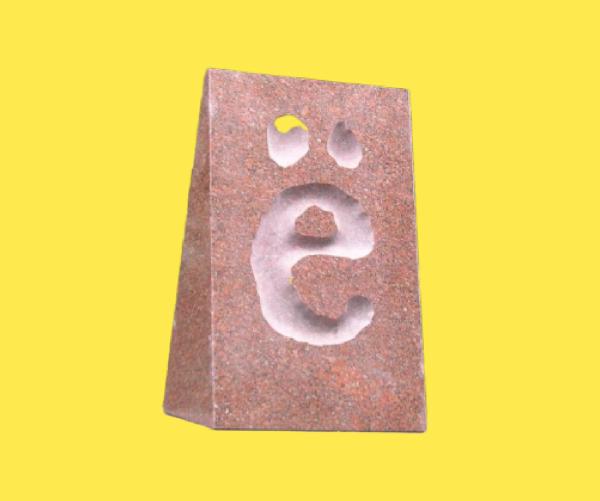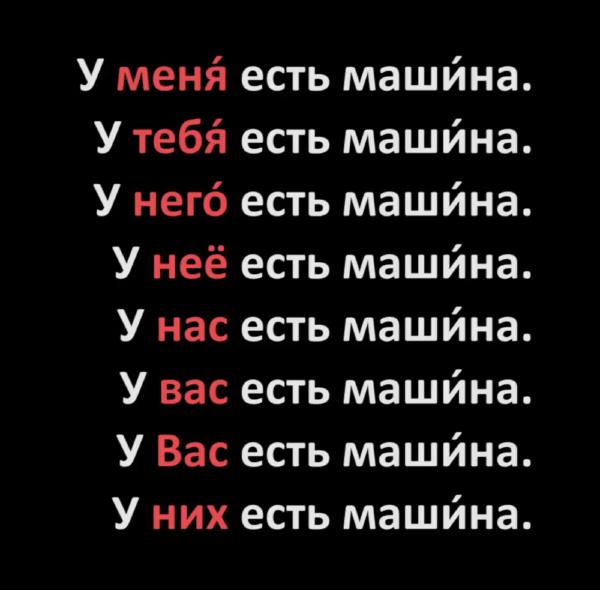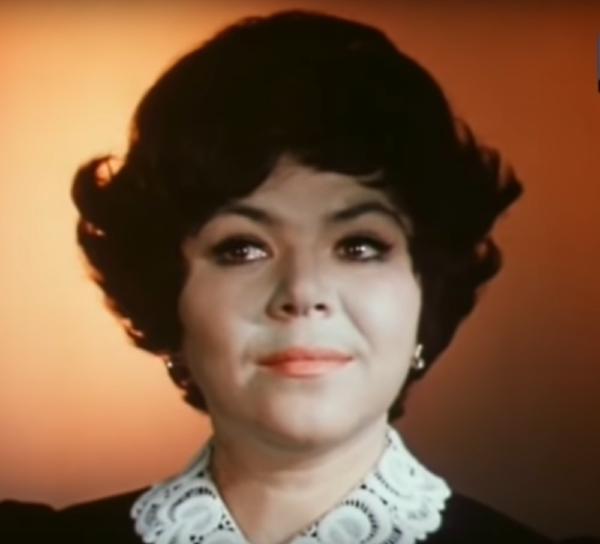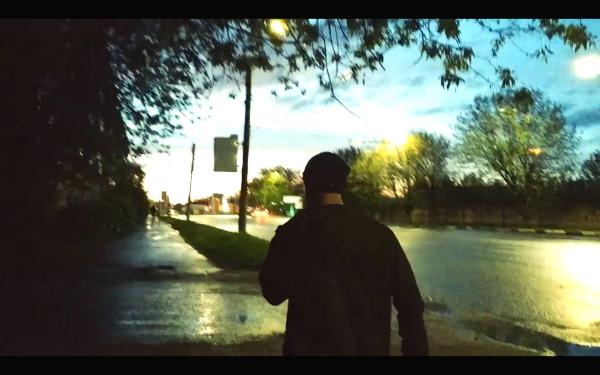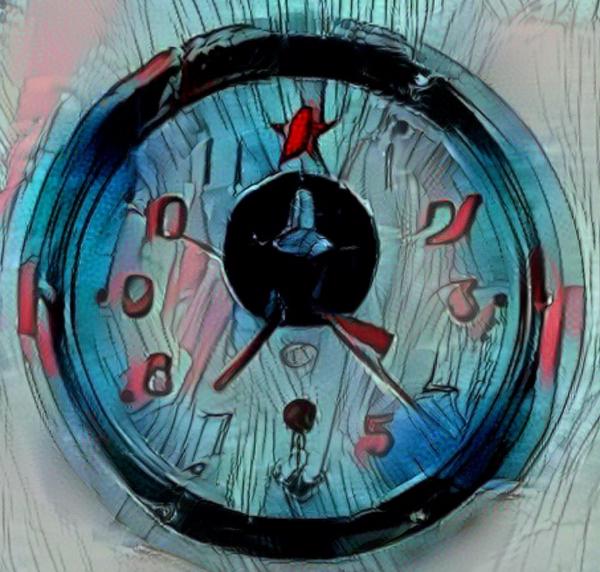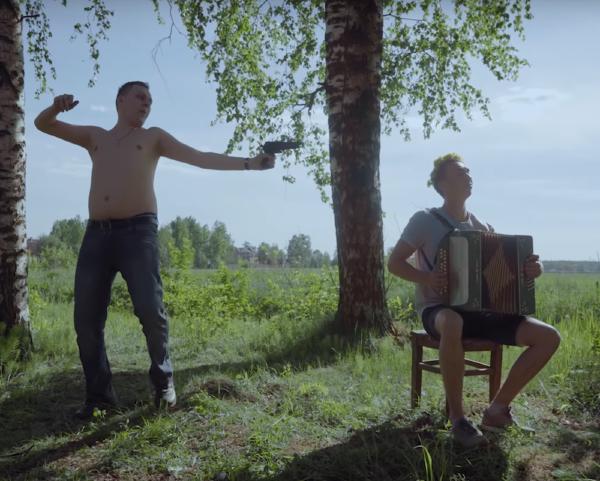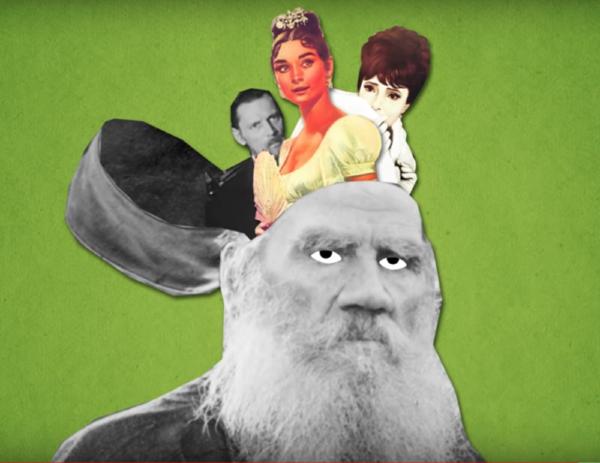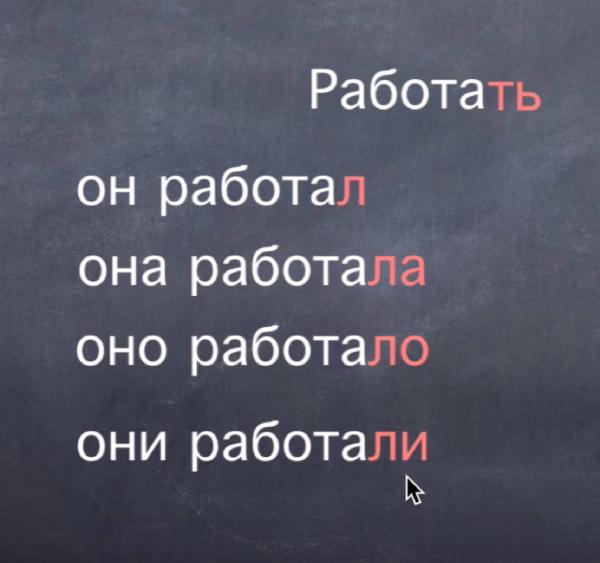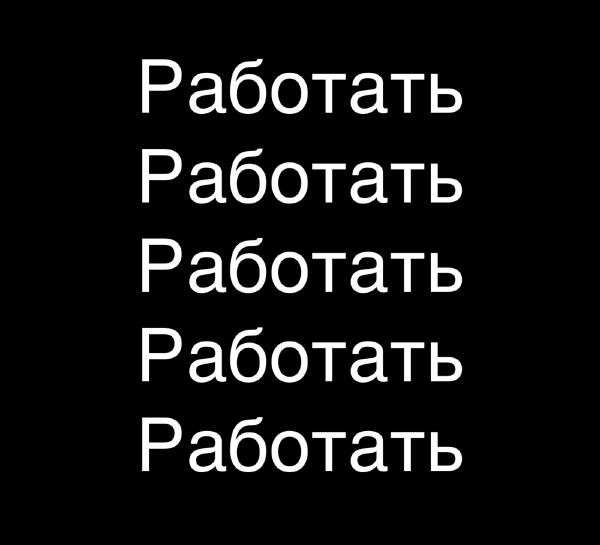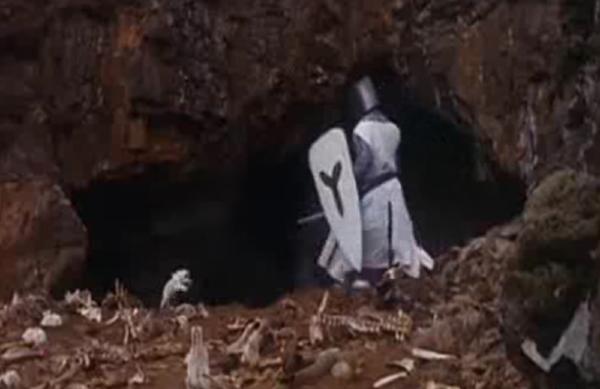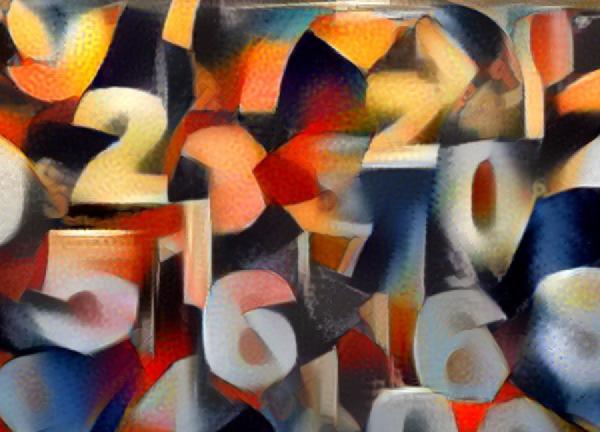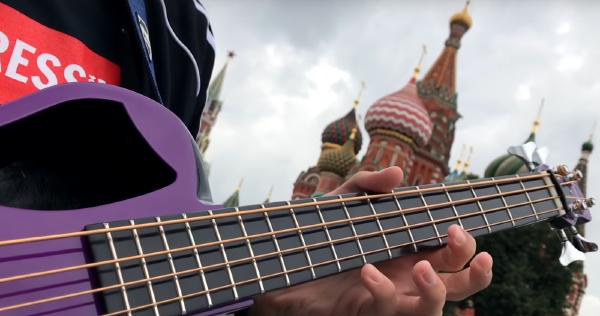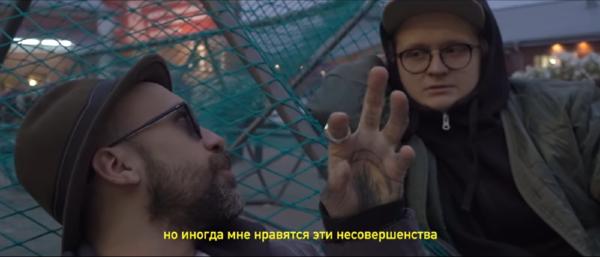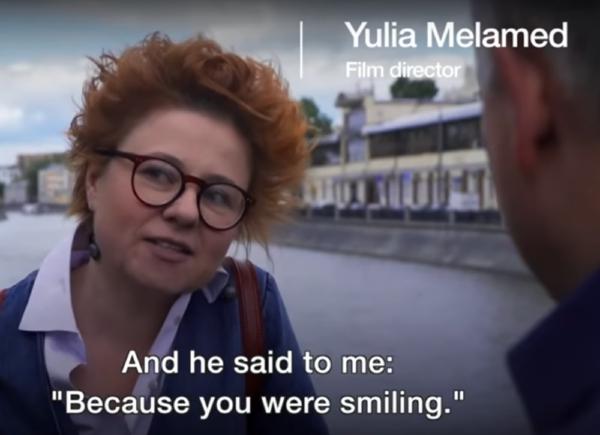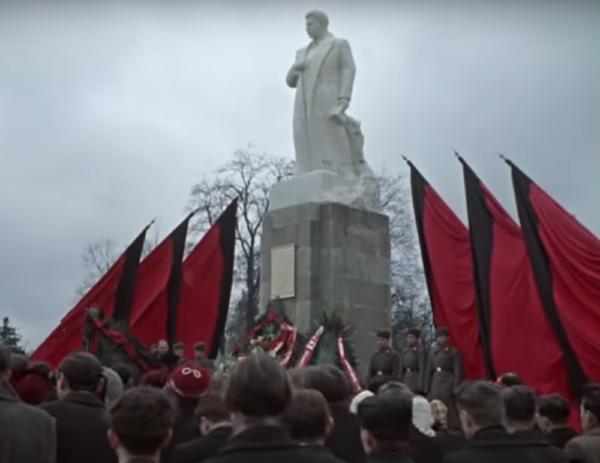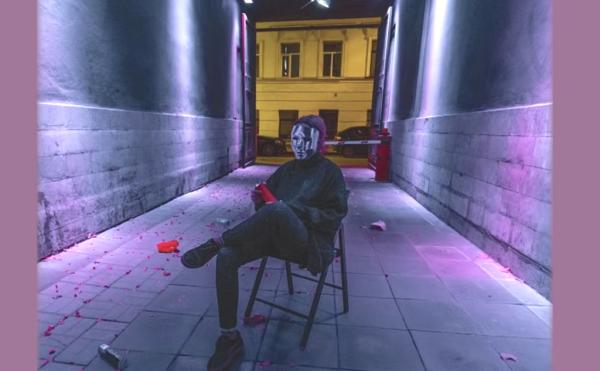Russian National Anthem
Country
Admittedly,
God Save the Queen is not bad. And our own Wilhelmus could have become something, if at least that German blood and Spanish king had been left out. But the national anthem with the most grandeur is, of course, the Russian one. And to quote the closing words (так было, так есть и так будет всегда): so it was, so it is, and so it will always be.
Crime and Punishment
Country
A Russian book that everyone should read at least once is Преступление и наказание (Crime and Punishment) by Fyodor Dostoevsky. As
Jordan Peterson also says (
here and
here), along with many others, though perhaps less eloquently.
The sparks fly in Искры летят от огня (2017) by Truckdrivers. Искры means sparks, летят means fly, and от огня means from the fire. It nicely rhymes with мы покидаем дома (we leave home) and так умирает зима (so winter dies).
Cold, Colder, Coldest: Oymyakon
Country
Siberia probably ranks high on the list of places where people would rather not live. Because yes, it’s cold there. Not everywhere (Siberia is quite
large), but in some parts, it’s extremely cold.
Oymyakon (in
Yakutia) is famous for this. The thermometer has dropped to minus 71 degrees Celsius, making it the world record holder for the coldest inhabited place.
Vadim Kurilev – Harakiri
Music
Questions and Question Words
Language
Asking questions in Russian is not difficult. The only difference between a question and a statement can be the tone. Ivan is going to university: Иван идёт в университет. The only thing needed to turn that statement into a question is a questioning tone when speaking, and a question mark when writing or typing.
Face 3x
Music
A whole portrait in a few headlines.
Meet Russia’s most controversial rap star – Dazed (2018) introduces rapper Face (sometimes Фэйс). Another notable headline is
‘I Am the Enemy of the State’: Russian Rapper Compares Russia to Prison Camp – The Moscow Times (2018). Despite this, he was named (by the Financial Times) as one of
The Russian rappers Vladimir Putin wants to befriend. That might be difficult.
Lemonday – I Sniff
Music
A female duo (Zhenya Il and Yulia Nakaryakova) plus a drummer from Saint Petersburg. Лемондэй (or Lemonday) disbanded in 2015. Fortunately, they left behind this gem from 2013.
Нюхаю = I smell, or I sniff, I snuff. From the verb
нюхать.
Murakami 3x
Music
Murakami is, of course, a Japanese writer, but also (as Мураками) a Russian band (from
Kazan). Named after the writer, as noted by
Popkult (2016). Pop rock with a female vocalist (Dilyara Vagapova /
Диляра Вагапова), loved by everyone.
MViPD – How Sweet I Am
Music
Humility may be a virtue, but sometimes an anti-humility song can be fun. Какой же я милый (How sweet I am, 2015) offers a whole list of compliments to the self, all in just under a minute.
Personal Pronouns
Language
You quickly learn or might already know the ‘regular’ forms of the Russian personal pronouns (those in the nominative case). I = я, you = ты, he = он, she = она, it = оно, we = мы, you (formal/plural) = вы, and they = они. These words change depending on the case; however, there are many similarities within these changes.
Sonic Death – Space Ark
Music
The band name looks just as Russian as the song title – but both are as **русский** (Russian) as the Red Square or the Kalashnikov. Listen to the song, see the [lyrics](https://genius.com/Sonic-death-space-ark-lyrics). You’ll learn that it could also (or better) have been titled **космический ковчег**. The first word is cosmic, and a **ковчег** (*kaftyek*) is an ark.
A bitter farewell from someone who’s not feeling very well. Directed at the other person.
Пока ты живёшь дальше,
Я утопаю в говне.
Прости за всё и пожалуйста,
Никогда не скучай по мне.
Я утопаю в говне.
Прости за всё и пожалуйста,
Никогда не скучай по мне.
The letter Ё
Language
The letter ё is the panda of the Russian alphabet. Assuming the panda is teetering on the brink of extinction and in need of special attention. While the panda gets plenty of attention, the letter ё is quietly dying.
To have, to have, to have
Language
Knowledge you want to have: the verb ‘to have’ technically doesn’t exist in Russian. Of course, there are ways to express possession, but it’s done a bit differently than in many other languages. Somewhat indirectly. Less possessive. Or: a bit more lyrical.
Несогласие (Saint Petersburg) translates to
disagreement. Linguistically related to
соглашаться / согласиться (the verbs for agreeing, being in agreement); also, the word for consonant (согласная) is easy to recognize in the band name. You could even call it Counter-Consonant.
Telling Time in Russian
Language
When Russians tell time, they look ahead. In the first half-hour, they are already on their way to the next, and in the second, they tell you how far it is to the next hour. To understand this and be able to do it yourself, there are a few things you need to know. Here are the most important ones.
This is America by Childish Gambino (
Donald Glover) in a Russian version and setting. That becomes Это Россия (This is Russia, 2018). By Юрий Хованский (
Yury Khovansky), also known as
MC Khovansky (1990).
Anastasia Semina (
Russian with Anastasia) created a series called Short Stories in Russian with Subtitles. YouTube has a
Playlist.
In particular, parts 1 and 2 are recommended. Anastasia in the library with Tolstoy and a lamp. Russian text with English subtitles on screen (2017).
Past Tense
Language
Forming the past tense (прошедшее время) in Russian is very simple. Perhaps the easiest aspect of the entire Russian grammar. The number of variations is limited, and conjugations are not complicated.
First and Second Conjugation
Language
Many Russian verbs end in -ать or -ить. Both categories have their own conjugations. Verbs ending in -ать follow the first or е/ё conjugation; if they end in -ить, then the second or и conjugation applies (exceptions and irregularities aside).
Six Cases
Language
Cases are often seen as the ‘Ghost’ of the Russian language. Like the
white rabbit in
Monty Python and the Holy Grail: ‘Look, that rabbit’s got a vicious streak a mile wide, it’s a killer!’ In this case, it’s a six-headed monster.
Counting and Numbers
Language
Numbers in Russian can already be a puzzle when you’re counting from 1 to 10. The words for 4 (четыре) and 5 (пять) don’t resemble anything you’re familiar with, восемь (8) is also strange, and 9 (девять) and 10 (десять) sound alike.
Davie504 in Moscow
Country
Jokes about Russians and Russia
Country
A Russian speaking English sounds like a criminal (starting at 1:00). And Russian, according to
Trevor Noah, ‘sounds like someone’s playing a vinyl backwards’ (imitation starts at 4:06). Plus more humor about Russians, Russia, and the Russian language, by comedians like Louis C.K. Followed by jokes from the Russians themselves, shared by Ronald Reagan.
Russian Tattoo Tour
Country
Tattoo artist Herman IX from Moscow (
website,
VK) and filmmaker Stepan Vetoshnikov (
Vimeo) travel in two months from
Kaliningrad to
Vladivostok (over 7000 kilometers), funded by the money Herman earns along the way. Documentary, art, and road movie: it’s all of these combined and never too much.
Smiling is for fools
Country
Russians are not known as a people who are generous with smiles. Smiling at people you don’t or barely know is more for fools, suspicious, or simply unnecessary. Смех без причины – признак дурачины (laughter without reason is a sign of foolishness). You could also say: Russians save their smiles for when they are truly sincere.
State Funeral
Country
In 2017, you could see The Death of Stalin in theaters. More about it on
IMDB,
Filmkrant,
VPRO Cinema and
Wikipedia; trailer on
YouTube. See also
In Russia, nobody’s laughing at Iannucci’s The Death of Stalin (The Guardian, 2017).
Grechka – Picture
Music
About an unreachable goal or an unattainable desire. Something beautiful that will never be yours, or worse. As in this case with Гречка (or Grechka), which means buckwheat. Maybe that’s why she can’t achieve it.


